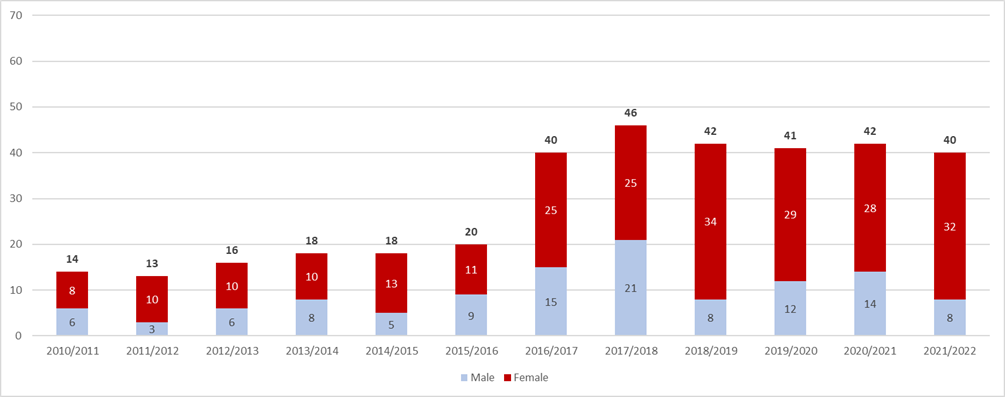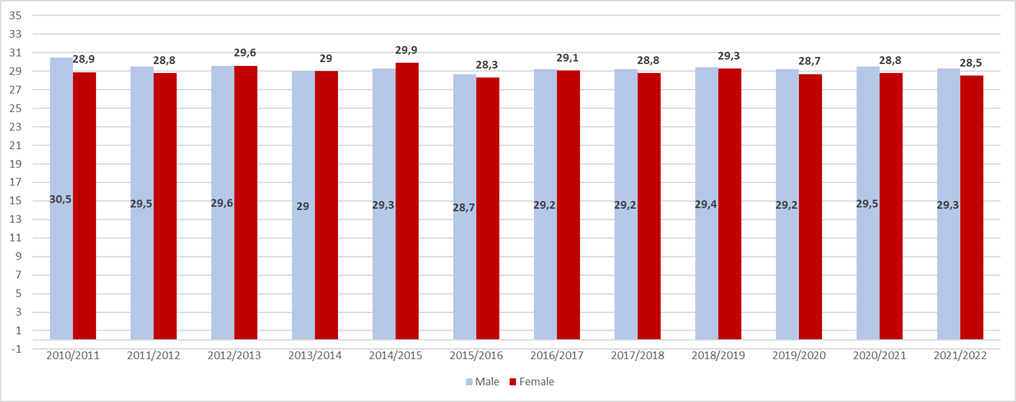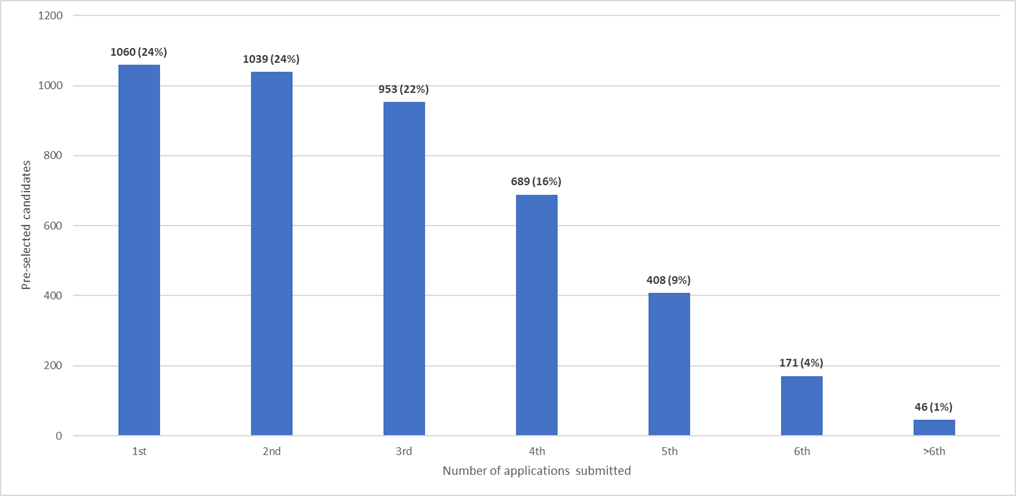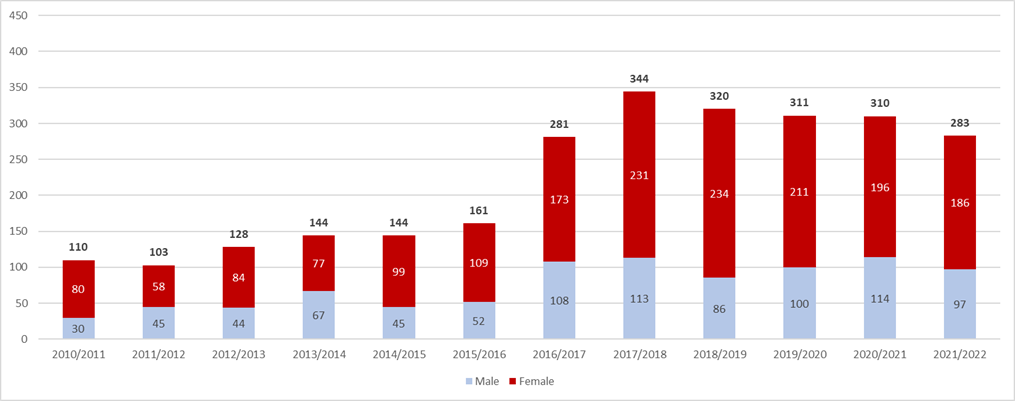In addition to the contents of this website, information on the Programme can be obtained by contacting the UN/DESA Office in Rome by phone at (+39) 06 5705 4638 and by e-mail at jpoinfo[at]undesa.it
Below an example of qualifications, experience and languages required by an International Organization for a JPO position on Youth Employment Policies and Programmes:
Education: Economics, international development, labour market studies, political sciences, sociology, development studies.
Experience: At least two years’ working experience in employment-related areas. Prior experience in project/programme management and monitoring and evaluation, particularly in developing countries, would be an advantage. In addition, experience and/or exposure to the work of the United Nations in development would be an asset.
Skills: YEP is looking for a highly motivated individual with strong organizational skills and attention to detail. Good communication skills, both written and verbal, are crucial as well as ability to work in teams, take initiative and meet deadlines. Proficiency with Excel and other database software is a valued asset.
Languages: Proficiency and ability to communicate and draft concisely in the English language and knowledge of another official language of the United Nations.
The number of the AEs and JPOs varies according to the level of the funds made available by donor Government in a given year.
The following graph shows the number of JPOs recruited between edition 2010/2011 and 2021/2022.

The following graph shows the average age of JPOs recruited between edition 2010/2011 and 2021/2022.

Yes. The graph below contains consolidated data from the past 20 editions of the Programme and indicates the percentage of candidates preselected for interview on their first, second, third attempt, etc. Bear in mind also that the JPO profiles and Host Organizations change from one edition to the next.


